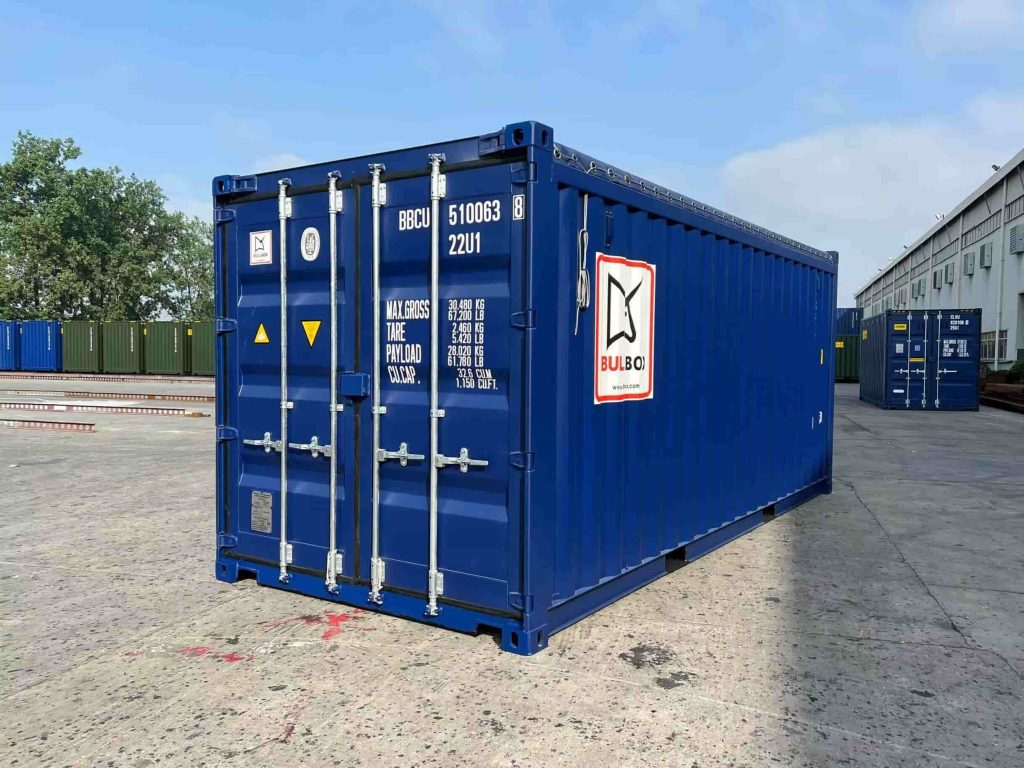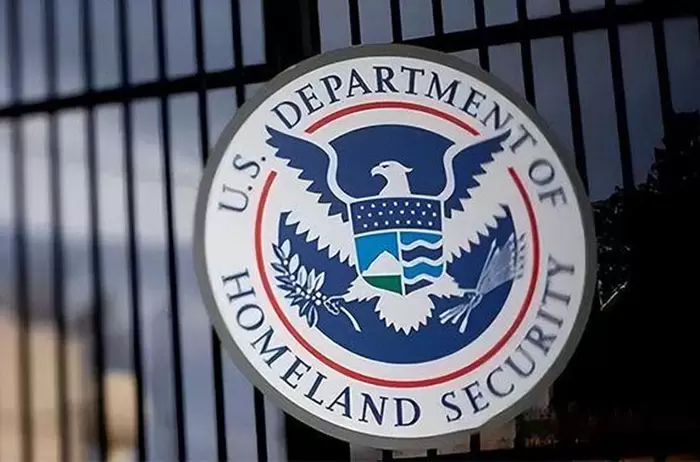
Shipping goods internationally can be a complex process, especially when it comes to shipping containers. Whether you are a business owner looking to expand your market or an individual relocating to a different country, understanding how to ship a container internationally is crucial. In this comprehensive guide, we will explore the key steps and considerations involved in international container shipping, providing you with the knowledge and insights to navigate this process successfully.
- Choosing the Right Shipping Method:
When it comes to international container shipping, there are several methods to consider, each with its own advantages and limitations. The most common options include Full Container Load (FCL) and Less than Container Load (LCL). FCL is suitable for large shipments that require an entire container, while LCL is ideal for smaller shipments that can be consolidated with other cargo. Understanding the differences between these methods will help you make an informed decision based on your specific needs. - Documentation and Customs:
International shipping involves a significant amount of paperwork and compliance with customs regulations. To ensure a smooth shipping process, it is essential to familiarize yourself with the required documentation, such as commercial invoices, packing lists, and bills of lading. Additionally, understanding the customs regulations and import/export restrictions of the destination country is crucial to avoid delays or penalties. Working with a reputable freight forwarder or customs broker can greatly simplify this aspect of international container shipping. - Packaging and Loading:
Proper packaging and loading of your goods are vital to ensure their safety during transit. When shipping a container internationally, it is important to use high-quality packaging materials and secure the cargo properly to prevent damage. This includes using appropriate cushioning, strapping, and bracing techniques. Additionally, understanding weight restrictions and load distribution within the container is essential to comply with safety regulations and prevent accidents. - Choosing the Right Shipping Company:
Selecting a reliable and experienced shipping company is paramount to the success of your international container shipment. Consider factors such as the company's reputation, track record, network coverage, and customer reviews. A reputable shipping company will not only handle the logistics but also provide guidance and support throughout the shipping process, ensuring your goods reach their destination safely and on time. - Insurance and Risk Management:
While international container shipping is generally safe, unforeseen events such as accidents, theft, or natural disasters can occur. It is crucial to protect your investment by obtaining appropriate insurance coverage. Consult with your shipping company or insurance provider to understand the available options and choose a policy that adequately covers the value of your cargo. Additionally, implementing risk management strategies, such as tracking and monitoring systems, can provide peace of mind and help mitigate potential risks.
Conclusion:
Shipping a container internationally may seem daunting, but with the right knowledge and preparation, it can be a smooth and successful process. By understanding the various shipping methods, documentation requirements, packaging techniques, and choosing the right shipping company, you can ensure that your goods reach their destination efficiently and securely. Remember to stay informed about the latest regulations and industry practices to adapt to any changes in the international shipping landscape. With careful planning and attention to detail, you can master the art of international container shipping and open up new opportunities for your business or personal endeavors.




